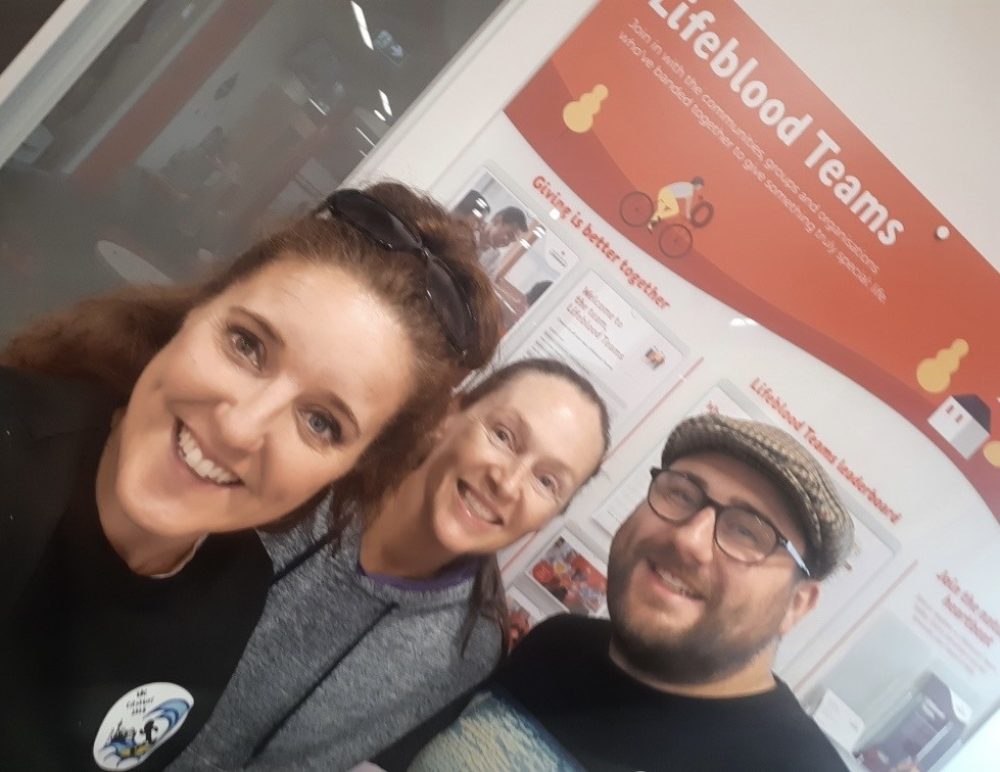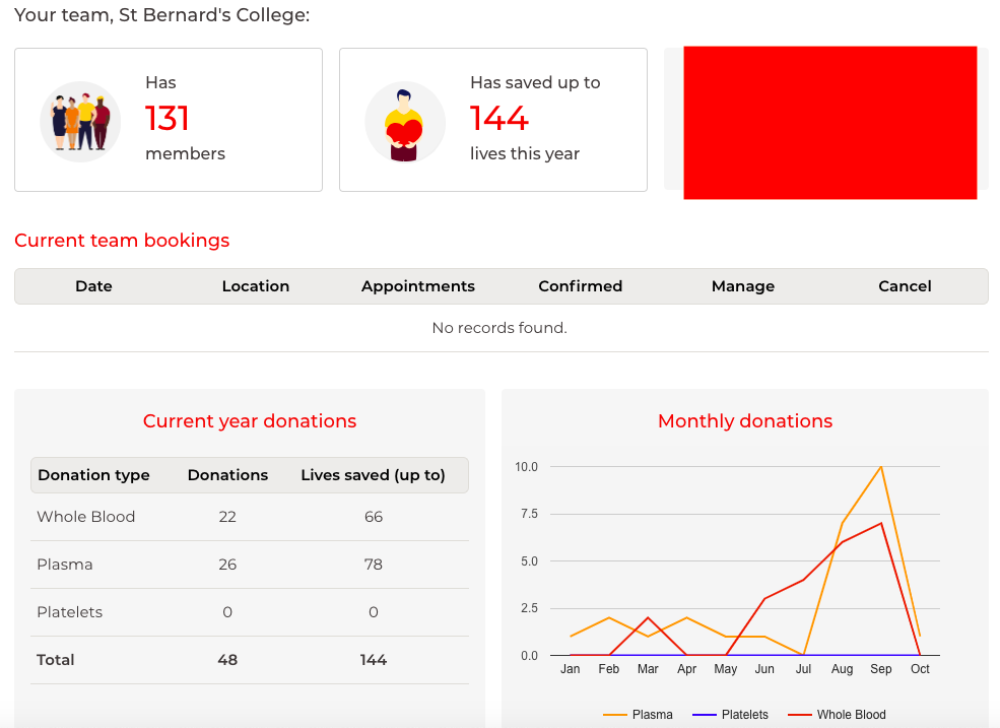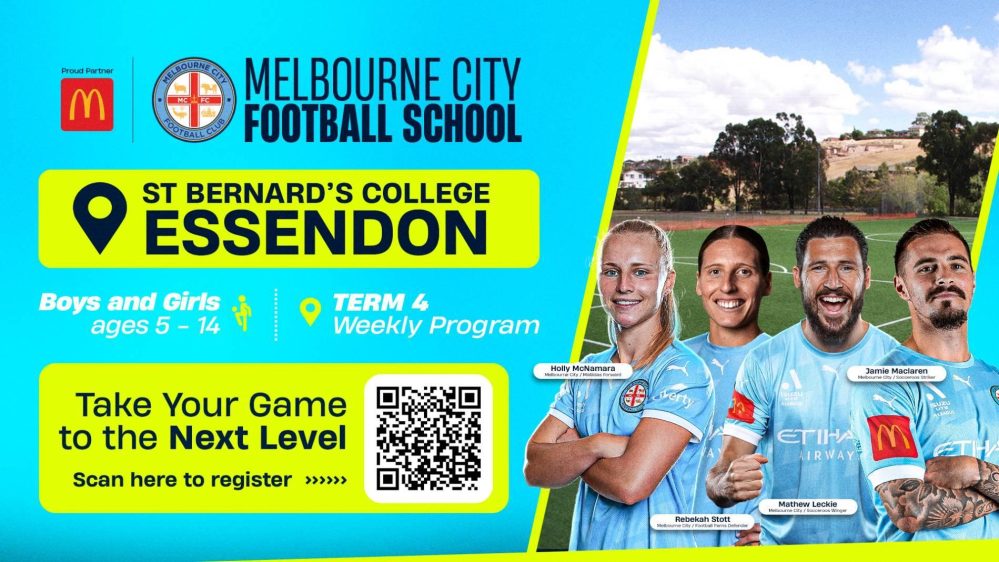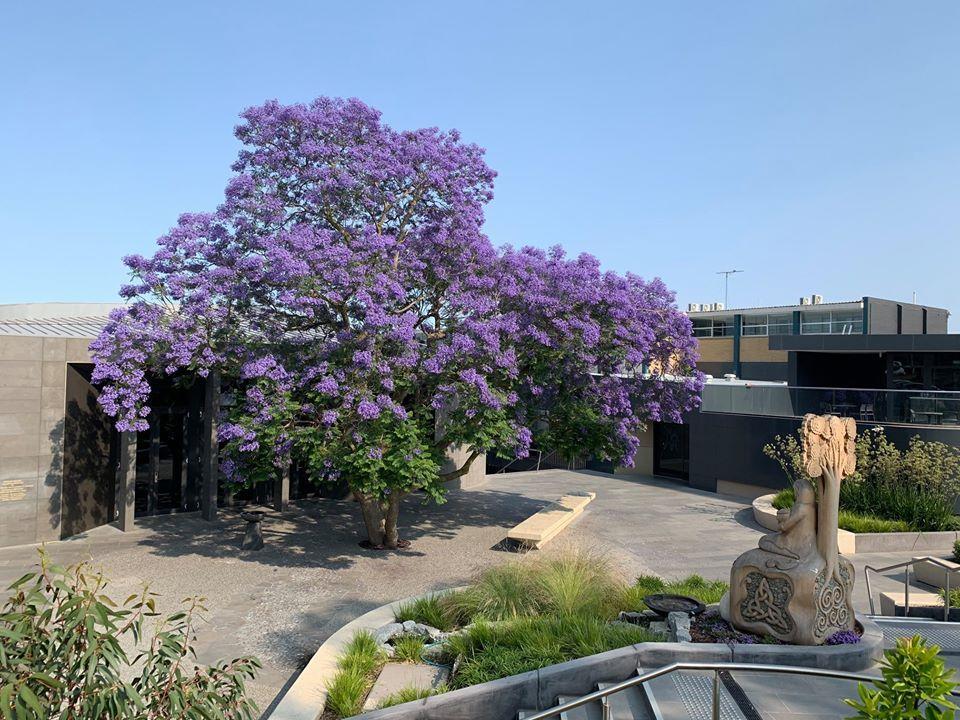
Newsletter
Career Quickbites
21 October 2022
Healthy Masculinity for a Better World
As part of our “Raising Our Boys to be Good Men” series
Want to hear what's happening in the lives of our young men and how you can support your son to have healthy relationships, reach their full potential and contribute to their community?
The St Bernard’s College Social Justice Network warmly invite you to a very special parents and carers evening. As part of our “Raising Our Boys to be Good Men” series, this year we will be hosting “Healthy Masculinity for a Better World” presented by Man Cave. This event will take place on Wednesday 25th October at 7.00pm in the Frank Fitzgerald Auditorium.
Book your FREE tickets by clicking here!
Our guest presenter is from Man Cave, a preventative mental health and emotional intelligence charity empowering communities to raise generations of healthy young men.
Event Details:
Title: Healthy Masculinity For A Better World
Date: Wednesday, 25th October, 2023
Time: 7:00 PM
Venue: Frank Fitzgerald Auditorium, St Bernard's College
RSVP: Wednesday 18th October
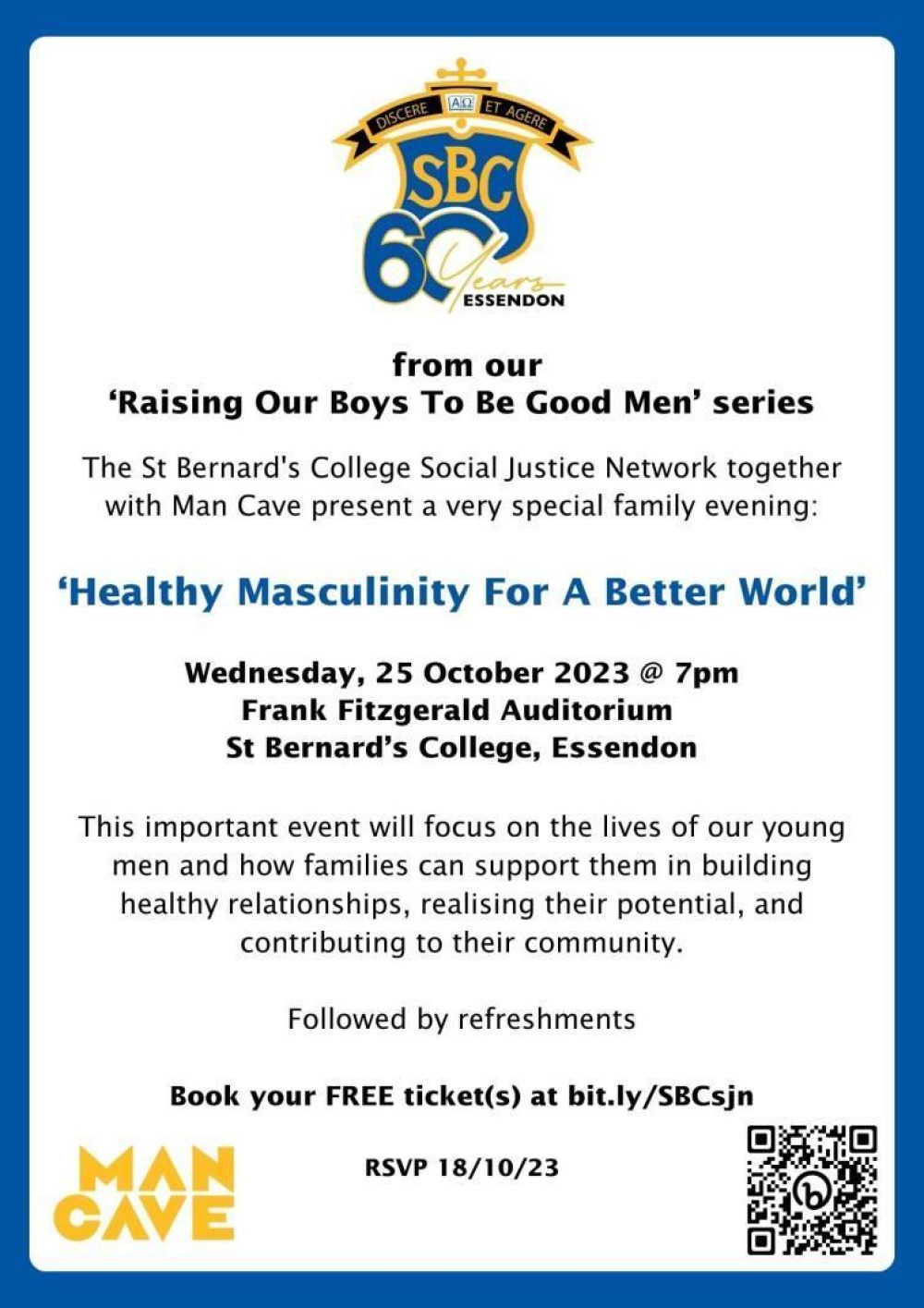
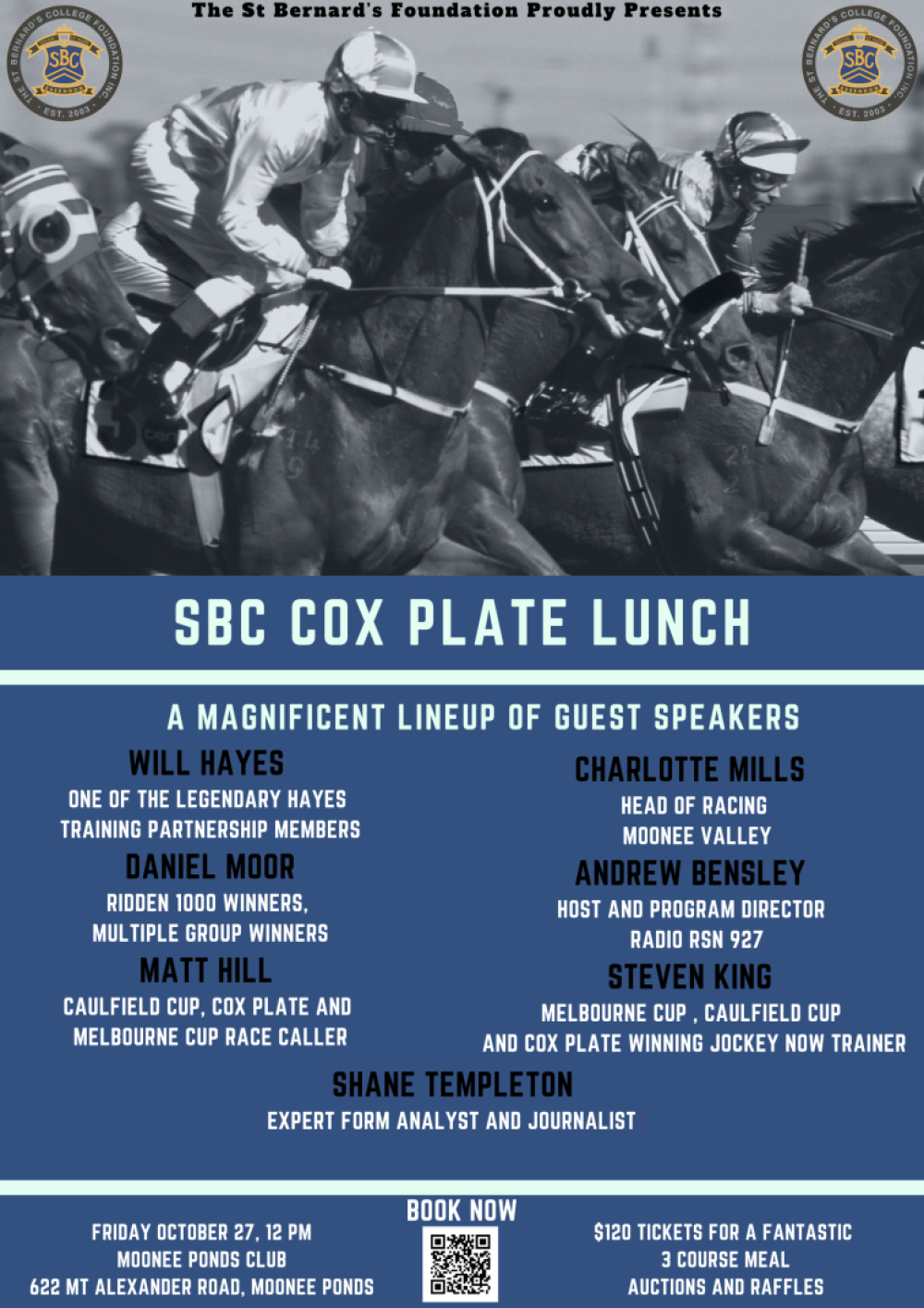
Scientist & Policy Officer, Jason Palazzolo
What do you do, Jason?
Until recently, I was a Scientist. This past role involved researching and developing new drugs that can treat or cure various diseases. I am now an Australian Science Policy Fellow, working as a Policy Officer in the Australian Government’s Department of Education. I love my job.
You have worked as a Research Scientist before. What did that involve?
My main responsibility was to conduct scientific investigations that supported the progression of new drugs to the clinical setting. This involved designing, performing and analysing scientific experiments to support the development of promising drug candidates. Additionally, communication and collaboration with different individuals was an essential component of that work.
What skills do you need?
Scientists require many different skills, ranging from science-specific skills – such as performing experiments and operating technical instruments – through to more general skills (e.g. communication and problem-solving).
What did you study after life at St Bernard’s?
After graduating from St Bernard’s in 2010, I completed a Bachelor of Science, majoring in Biochemistry and Molecular Biology (2011-2013) followed by my Master of Biomedical Science (2014-2015), both at The University of Melbourne. Most recently, I completed a PhD at Monash University (2018-2022). Across each degree, my main focus was biomedical research.
Tertiary education in a related field is necessary to work as a Research Scientist, as it teaches the fundamental skills and knowledge. Additionally, undertaking any science degree also teaches several important core skills, such as problem-solving and communication, which are essential across many different career paths.
How did working at CSL come about?
I was a Research Scientist at CSL from January 2021 till July 2022, 18 months total. My journey to CSL involved a combination of academic and pharmaceutical industry experience. In addition to my tertiary degrees, my career has seen me work various jobs that have provided a unique set of experiences that supported my role as a Research Scientist at CSL.
What did a typical day look like?
My typical workday was often based entirely within the laboratory. Performing experiments involves several aspects, ranging from planning and organising instruments/reagents through to performing the actual experiments as well as analysing the data. Administrative tasks were often involved too, which included preparing written reports as well as regular meetings with management, colleagues and collaborators.
Tell us some of the greatest challenges you faced at work, and greatest rewards in your role.
One of the greatest challenges of my role was to constantly find new and improved ways of conducting scientific investigations. The science field is always developing new tools for performing our work. This requires scientists to constantly learn new techniques. Although challenging at times, it’s also one of the best parts of the job as you’re always growing as a scientist.
Given that science is an ever-changing field, another challenge scientists face is that they need to constantly be up-to-date with new advances and discoveries. This often requires hours upon hours of reading scientific publications.
One of the most rewarding parts of the job is seeing drugs transform from ideas to reality. Playing an active role in developing drugs that improve the lives of patients worldwide is hugely satisfying.
What interested you most about what you did at CSL?
That I was able to contribute to the development of new drugs that have potential to improve lives of patients worldwide. No two days were the same and I loved the diversity involved with performing science every day.
What is least enjoyable in this work?
When experiments fail and/or don’t work as planned! But maintaining perseverance often sees eventual breakthroughs and exciting outcomes.
What did you learn about this job only once you got there?
So much of the job could only be learnt through practice in the laboratory. Although my education was important in teaching the fundamentals of performing science, my career involved hours of dedicated practice that can only be acquired by working in the laboratory.
Outside of technical skills or knowledge, what personal qualities and attributes help you in your work?
Communication is an important aspect of being a scientist. Sometimes we are required to discuss complicated topics to various audiences, ranging from fellow scientists to people with no scientific background. Therefore, conducting these discussions in a manner where everyone understands the topic is sometimes tricky and requires good communication skills.
Another important trait is to have the drive to constantly try new things and continually learn. Science is an ever-changing field, as it needs to reflect constant developments and any new advances. Hence, good scientists are always willing to work outside their comfort zones and apply new learnings to their work.
What's next for you in your career journey?
Well, I was recently awarded an Australian Science Policy Fellowship, which is an initiative of Australia's Chief Scientist. As an Australian Science Policy Fellow, I am employed as a Policy Officer in the Australian Government's Department of Education. The Australian Science Policy Fellowship program is a pathway for scientists (from all fields of science) to transition towards a career in policymaking within the Australian Public Service. The program also recognizes that scientists have many skills, which are also important in designing and implementing good government policy.
Who has helped you in your career journey?
I have been fortunate enough to have some fantastic mentors support my professional development throughout my scientific career. Special mentions are extended to my past and present supervisors, who have all selflessly supported my long-term career goals and ambitions.
What are your stand-out memories of SBC?
My stand-out high school memories at SBC mostly revolve around spending countless hours with my mates.
If there’s something you could say to your 17 year-old self, what would it be?
Begin your research! Start looking at job advertisements now. Looking at these advertisements help identify skills and experiences required to qualify for your desired job. Then you can pursue and look into any prerequisites as soon as possible.
The SBC uniform shop is only a click away - now operating via appointments, Please click here to book an appointment or order via our online shop if you know your son's sizes'
Please note that the uniform shop is closed during the school holidays
For all other uniform enquiries, please email rbuhagiar@sbc.vic.edu.au or phone 9289 1176.
The VCAA 2023 Parent Examination Presentation will be online Teams Wednesday 11 October starting at 7.00pm.
This information night will be for all parents with students doing one or more scored VCE or VET VCE examinations.
The night will cover VCAA Policies and Processes, Exam Procedures, Illness Notifications and VCAA Results. A letter with a link will be sent shortly to all students and parents.
Over the term holidays, some of our food studies students entered into the 2023 Royal Melbourne Show Cookery Competition, with some fantastic results which saw SBC students win 1st, 2nd and 3rd place!
Well done boys - Great to see your culinary abilities continue to develop and impress!
Donations of blood & plasma were boosted in the September break, thanks to everyone who took the time to sit in the chair!
Still a few short of our goal, 60 donations by 1st November, but hopefully we can get there over the next 4 weeks
